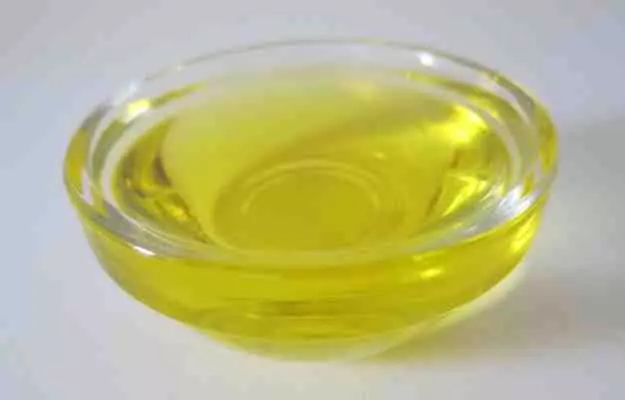Soybean oil is an edible oil obtained from soy seeds - one of the best sources of dietary protein for vegetarians and vegans. It is a vegetable oil that is used in both refined and unrefined forms.
The mild, neutral flavour of this oil with the presence of healthy fats, makes it an excellent alternative for health enthusiasts. This oil has proven benefits in reducing high cholesterol and is said to be good for the brain and bones.
Soybean oil is used for almost everything in the kitchen ranging from baking, frying, and cooking in general. this oil is also used as a salad dressing.
Furthermore, soybean oil is used commercially for the production of paper, ink, paint, plastics and cosmetics.

























